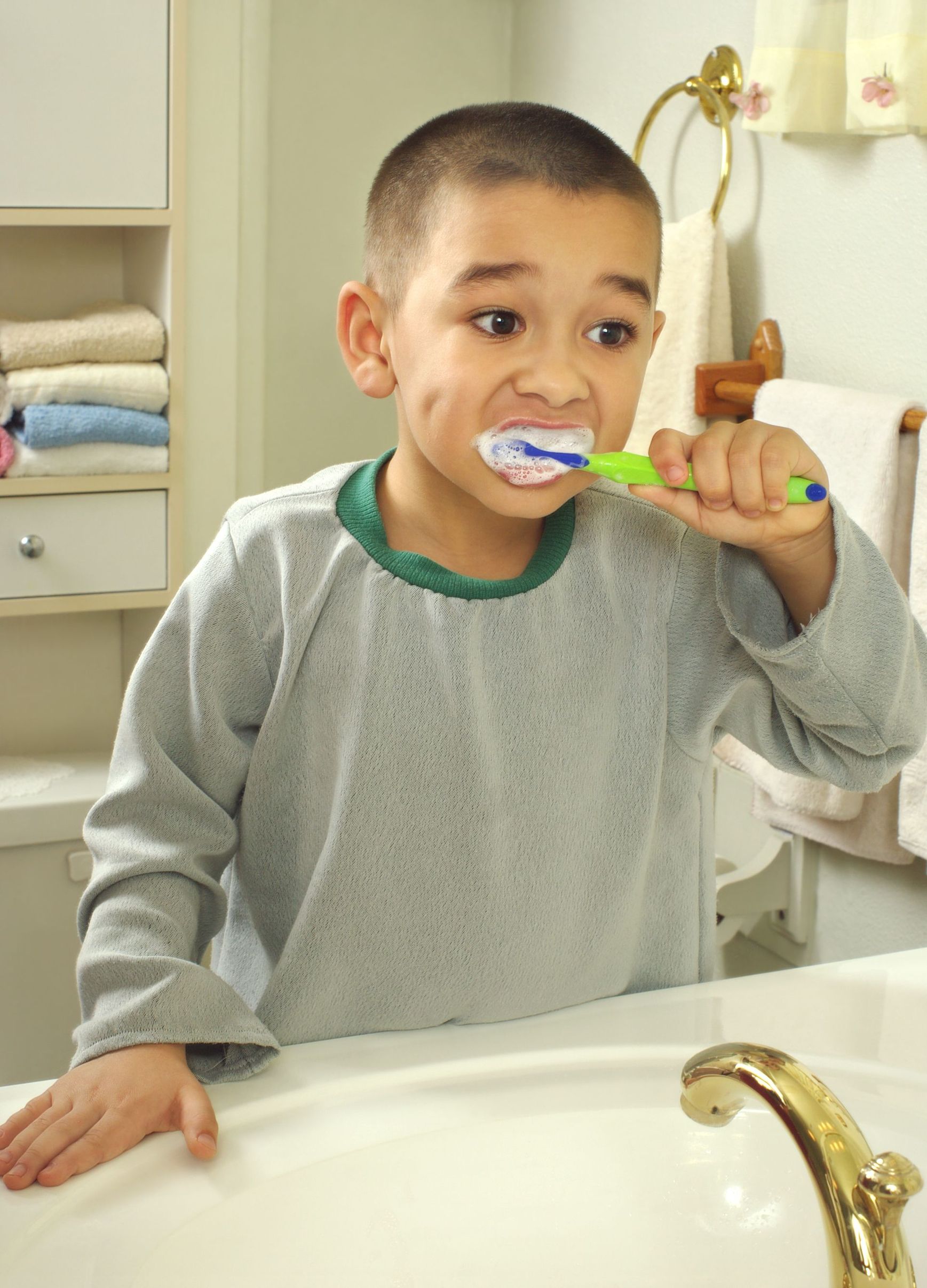 By Bill Buchanan
By Bill Buchanan
Each year children arrive at school with a wide range of academic and developmental needs, skills, and abilities. This variability should be nurtured and valued as we help students transition into kindergarten, a starting point for academic success in elementary school and beyond. Understanding the connection between readiness and health can help us improve the outcomes for all of Kentucky’s young children.
Kentucky Oral Health Coalition (KOHC) members recently discussed the connection between school readiness and oral health during a summer meeting on school-based oral health services. As an early learning liaison with the Kentucky Department of Education, I provided a backdrop for developing strategies to improve the oral health of children well before each child’s arrival in kindergarten.
What is school readiness?
A compelling answer to this question was provided by the Governor’s Task Force on Early Childhood Development and Education in 2010: Every child enters school ready to engage in and benefit from early learning experiences that best promote the child’s success. This means young children grow up in caring environments that support their skill development in five areas:
- Approaches to learning (focuses and listens, wonders, persists)
- Health and physical well-being (receives health and dental care, eats healthy foods, exercises)
- Language and communication development (expresses self with simple sentences, listens and understands)
- Social and emotional development (plays and shares with others, follows simple rules and routines)
- Cognitive and general knowledge (sorts and names objects, solves simple problems)
Schools, families, and communities must be ready, too. Teachers and school staff should have appropriate expectations for children when they enter school, providing all students with meaningful teaching and learning experiences. Families and community agencies should work together so children live in safe homes and neighborhoods, with access to health and nutrition services, as well as affordable, quality early childhood program services.
What role does oral health play in school readiness?
Oral health practices may help or hinder young children’s skill development. Good brushing routines and regular dental check-ups help children grow and develop across all aspects of school readiness. When teeth are healthy and pain-free, it’s easier to focus and listen, play and share, learn and solve, and grow and thrive.
When children experience prolonged and persistent dental pain, it is difficult for them to develop the skills they need to learn. Once in school, students with poor dental health are three times more likely to be absent than other students.
What can be done to increase school readiness through better oral health?
The foundation for school success begins in the earliest years. Here are five actions that families, communities, and schools can take to improve dental health and school readiness:
- Promote good oral health at home. For simple tips on developing good routines and practices, Head Start and the National Center on Health provide guidance on topics like teething pain, brushing teeth, and visiting the dental clinic.
- Promote good oral health in early childhood settings. Early learning programs may consider evaluating the quality of their environments with tools like Kentucky’s Early Childhood Quality Self Study or the University of North Carolina’s Early Childhood Environmental Rating Scale.
- Learn more about school readiness. The Governor’s Office of Early Childhood provides resources to families, educators, early childhood, and community partners that promote the healthy development of young children.
- Strengthen community partnerships and networks. Early childhood programs, such as child care, Head Start and preschool, and oral health providers can work together to develop new dental programs and activities to solve local problems. Local Oral Health Coalitions and Community Early Childhood Councils provide support to organizations wanting to make a difference for young children.
- Increase the number and percentage of students receiving dental exams, screenings, or referrals. By law all kindergarten students must receive dental screenings, yet in 2013-2014 almost half of all kindergartners entered school without this vital service. School districts may consider adding dental screening targets and goals to their comprehensive improvement plans.
Advocates are needed for better oral health for Kentucky’s youngest citizens. No matter your personal or professional role in life, starting now, what action or actions will you take to support oral health and school readiness?
Mr. Bill Buchanan is the Early Learning Liaison with the Division of Program Standards of the Kentucky Department of Education.






It should be a part of growing up. Schools as mentors of our children should guide them to a proper path not just on academics but also with health, and oral health. In this case children will be inclined to visit the dentist frequently and learn the importance of taking good care of their oral health as to taking care of their bodies and academics.
I google too many & at last i find this information. It will helps me lot.
Thanks buddy.